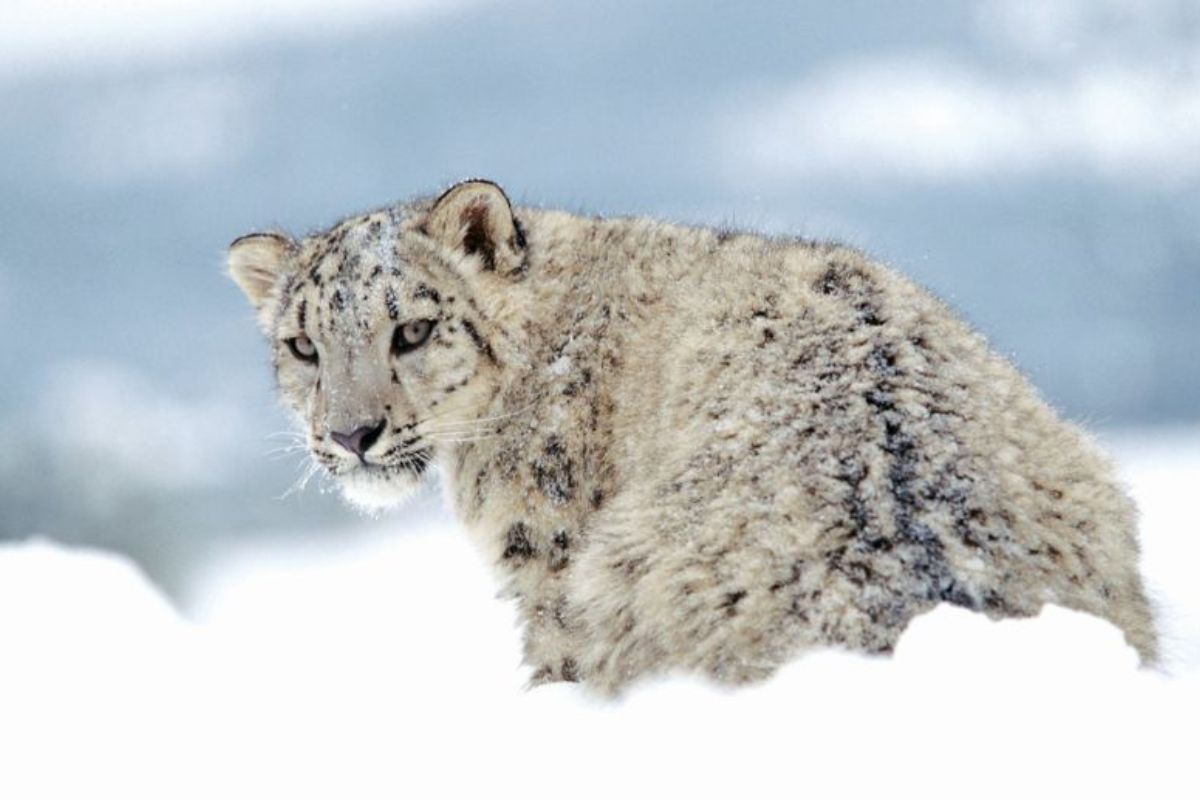In an encouraging development, the first-ever census of snow leopards in the Kishtwar district of Jammu division has put the figure of individual big cats of the threatened species at 20.
The census, conducted by an official team, has captured 20 snow leopards in camera traps in the Kishtwar High Altitude National Park and also in the South-Eastern Padder in the Kishtwar district. The study has yielded significant results, showcasing a substantial presence of snow leopards in the areas.
Advertisement
An official said that the sightings were reported at 30 locations where an adult with two cubs were also captured in the camera thereby confirming the breeding status of snow leopards in Kishtwar.
The J&K’s wildlife protection department had recently initiated a study on snow leopard population assessment and biodiversity documentation of protected areas in Kishtwar.
Based on the potential range of the species, a massive exercise was carried out in the two areas of Kishtwar. A total of 278 cameras were installed at 135 locations.
The snow leopard, which has been included in the red list, has its habitat in Afghanistan, Bhutan, China, India, Kazakhstan, Kyrgyzstan, Mongolia, Nepal, Pakistan, Russia, Tajikistan and Uzbekistan. The species is facing numerous threats, including habitat loss and poaching.
The snow leopard holds immense ecological significance, acting as a keystone species in maintaining the delicate balance of the ecosystem. By conserving this apex predator, the Kishtwar High Altitude National Park also safeguards the diverse range of wildlife that co-exists within its boundaries, including the Himalayan Ibex, Musk Deer, and numerous avian species.
In India, the snow leopard is found in the UTs of Ladakh and Jammu & Kashmir and states of Himachal Pradesh, Uttrakhand, Sikkim and Arunachal Pradesh. After Ladakh, the landscape of Kishtwar High Altitude National Park and Padder in Kishtwar has maximum density of snow leopards.
Overall, the Kishtwar landscape is a haven for snow leopards and this needs to be protected by effectively implementing all the conservation measures, the study suggested.











